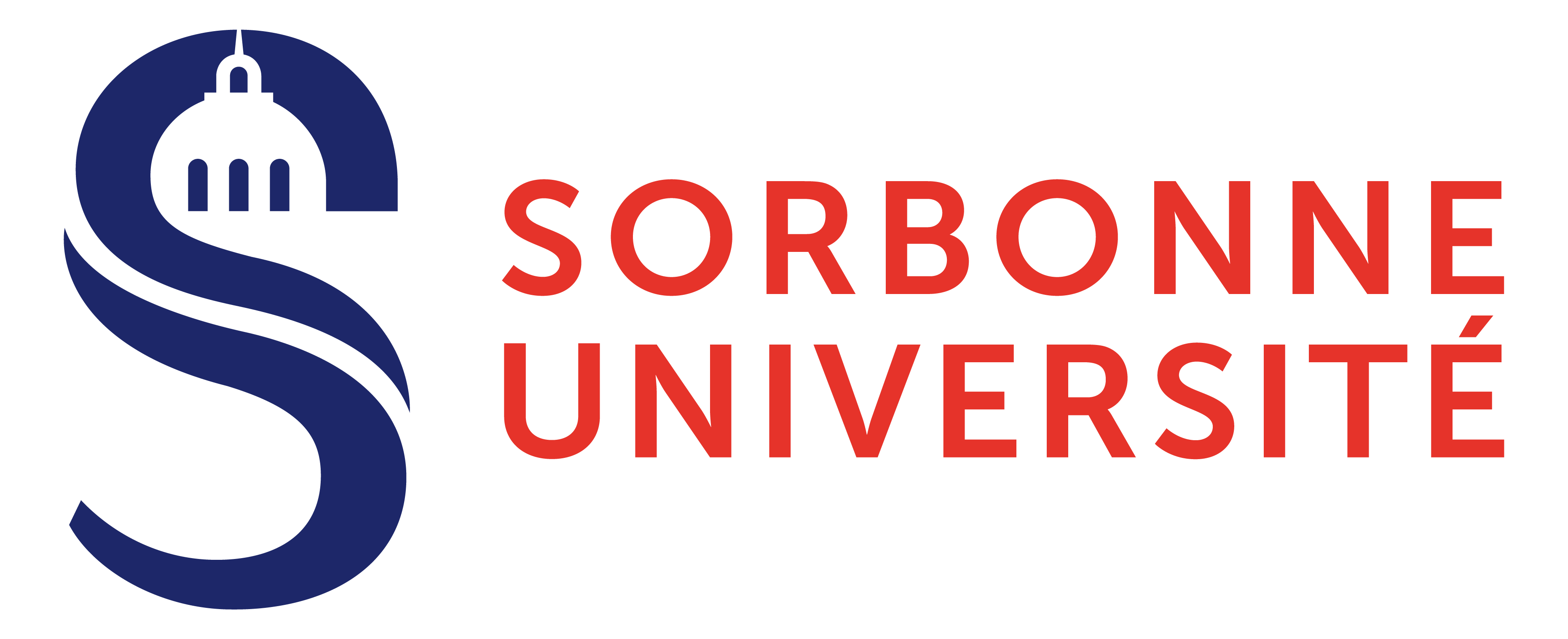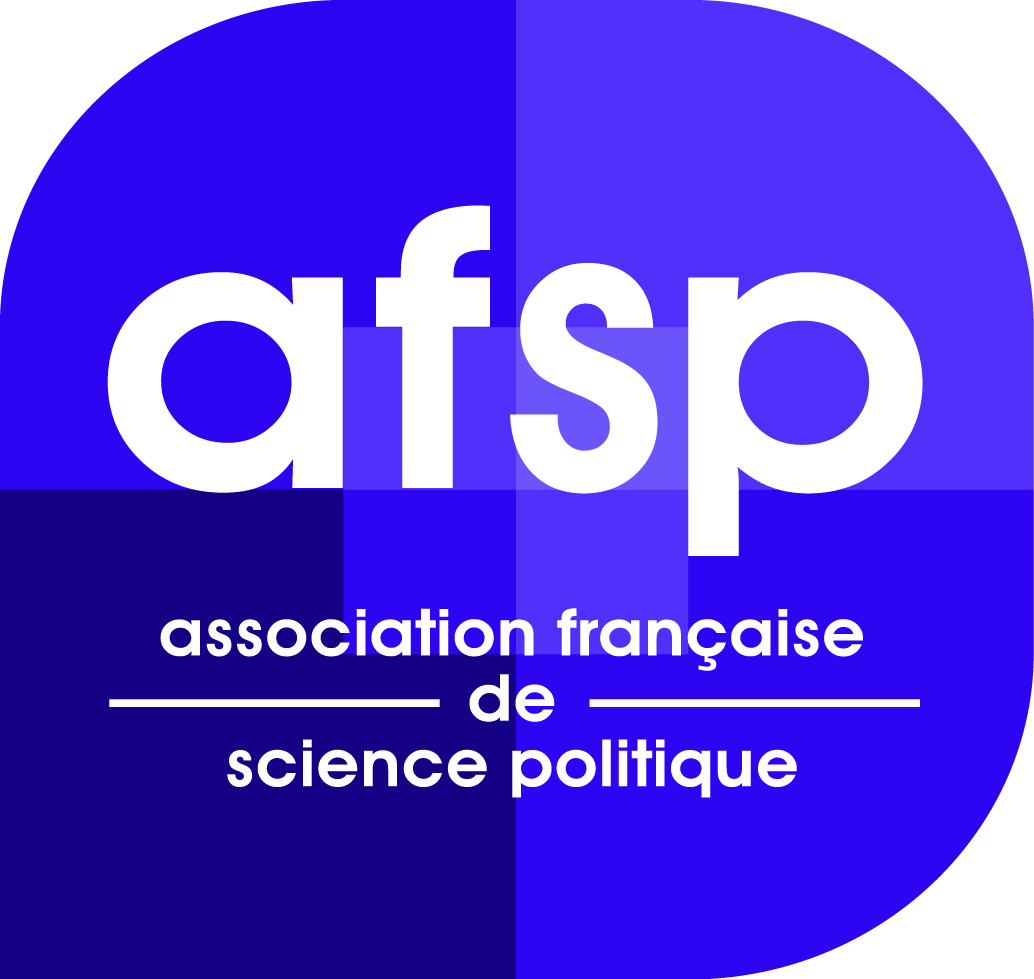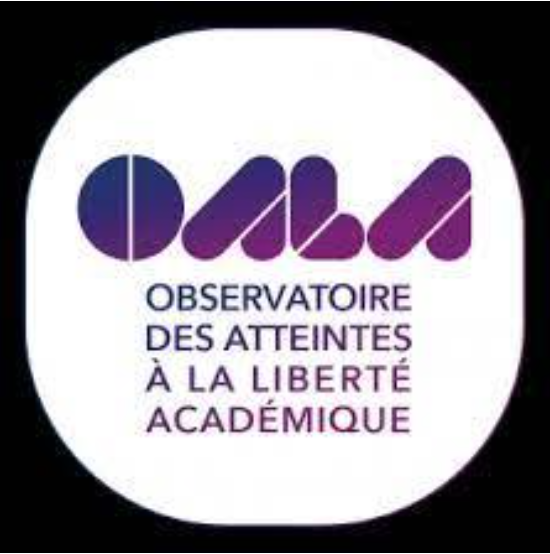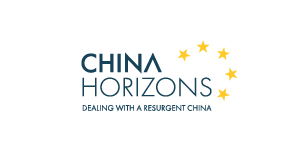Face-to-face event
Une séance dans le cadre du séminaire conjoint CERI - CEE (Centre d'études européennes et de politique comparée) : Les sciences sociales en question : grandes controverses épistémologiques et méthodologiques.
Coordination scientifique: Samy Cohen, SciencesPo-CERI, Nonna Mayer, Sciences Po-CEE, CNRS
Événement en présentiel et distanciel
Une séance de séminaire organisée dans le cadre du groupe de recherche:
Sciences Sociales et Psychanalyse.
Lieu : Salle G009, rez-de-chaussée, 28 rue des Saints-Pères, 75007
Intervenant :
Paul-Laurent Assoun, Professeur émérite à l'Université Paris-Cité, psychanalyste
Responsables scientifiques : François Bafoil, Sciences Po - CERI / CNRS (UMR 7050) et Paul Zawadzki, Groupe Sociétés, Religions, Laïcités (GSRL/UMR 8582).
Si vous souhaitez suivre la conférence via zoom, merci de vous inscrire avec le lien ci-dessous:
Si vous souhaitez suivre la conférence en présentiel, merci de vous inscrire avec les liens ci-dessous :
Hybrid event
Venue : Room S1, second floor, 28 rue des Saints-Pères 75007 and online via zoom
This session is part of the Environnement and International Relations seminar.
This presentation explores the distinctiveness of French and francophone approaches to environmental justice. We first take stock of the empirical evidence of environmental injustices and inequalities in France. We then introduce some of the theoretical origins and discuss some of the main insights from the French literature in light of contemporary environmental justice scholarship.
Speaker:
Brendan Coolsaet, FNRS/UCLouvain
Discussant:
Anaëlle Vergonjeanne, CERI, Sciences Po Paris
Responsables scientifiques :
Carola Kloeck, assistant professor, Sciences Po-CERI
Adrien Estève, docteur associé, Sciences Po-CERI
Anaëlle Vergonjeanne, doctorante, Sciences Po-CERI
If you wish to follow the event online, please register with the link below :
REGISTRATION
If you wish to follow the event on site, please register with the links below :
Événement en format hybride (présentiel / visioconférence)
Lieu : Salle H207, 28 rue des Saints-Pères - 75007 et également en ligne via zoom
Cette séance est organisée dans le cadre du séminaire d'écriture du CERI.
Responsables scientifiques : Juliette Galonnier, Louise Beaumais, Chiara Ruffa
Événement en présentiel
pourquoi nous ne pouvons plus nous dire postcoloniaux
Lieu : Salle S1, 2e étage, 28 rue des Saints-Pères - 75007
Le Ceped (Centre Population et Développement : Université Paris Cité & IRD) et le CERI (Centre de recherches internationales : Sciences Po Paris) lanceront à partir de septembre 2023, la quatrième saison (2019-2020 ; 2020-2021, 2021-2022) du Séminaire sur les Approches Postcoloniales (SAP), dont l’objectif est de consolider l’espace de réflexion et de discussion académique dédié depuis 2019.
Ce séminaire continuera à faire connaître et à approfondir la connaissance de ces approches à la fois en familiarisant la communauté scientifique avec la littérature la plus récente adoptant les approches postcoloniales, en menant une lecture critique de la réception des approches postcoloniales dans l’espace académique français (et au-delà), et en s’intéressant aux conditions de professionnalisation et d’exercice des activités scientifiques des chercheurs et chercheuses engagé.e.s dans ces approches.
Invitée :
Rachele Borghi, Sorbonne Université et École des Beaux-arts de Marseille
Comité d’organisation :
Pablo Barnier-Khawam, docteur en science politique, associé au CERI-Sciences Po, Stéphanie Brunot, doctorante Ceped (Université Paris Cité-IRD), Claire Duboscq, doctorante, CERI-Sciences Po, Mina Kleiche-Dray, directrice de recherche HDR, Ceped (Université Paris Cité-IRD), Matti Leprêtre, doctorant, Cermes3/CAK (EHESS), Chiara Ruffa, professeure des universités, CERI-Sciences Po, Charlotte Vampo, post-doctorante, LPED (IRD/AMU), Lola Yon-Dominguez, doctorante, CEMS-EHESS
Événement en présentiel
Lieu : Salle AS1.08 (sous-sol), EHESS, 54 bd Raspail - 75006 Paris
Vous retrouverez toutes les informations sur la page du webinaire en cliquant ici
Interventions :
Si vous souhaitez participer à cette séance de l’atelier doctoral sur la Chine contemporaine, merci de vous inscrire en suivant les liens ci-dessous. Les textes présentés par les intervenants seront distribués aux personnes inscrites uniquement.
Coordinateurs : Jérôme Doyon (Sciences Po/CERI), Sebastian Veg (EHESS)
Building a Developmental Engine for China and the World
Eric Verdeil, Sciences Po-CERI
Jérôme Doyon, Sciences Po-CERI
 In 1919, the father of modern China Sun Yat-sen first proposed building a dam in the Three Gorges region that would discipline the Yangzi River’s unruly waters and transform its flows into a hydroelectric engine of national development. Over the course of the twentieth century, Chinese state elites strived to achieve this technoscientific dream and construct a massive hydropower station that would give a huge infusion of energy to national industrialization and boost national scientific prestige by establishing the world’s largest dam. Government efforts, however, repeatedly came up short due to geopolitical pressures, internal strife, and the state’s limited resources. This talk will chart out how the Chinese state mobilized domestic and international resources from the 1920s to the 1980s when the Gezhouba Dam became the first hydropower plant on the Yangzi River. In the process, Chinese officialdom not only formed technocratic organizations that channeled the Yangzi’s liquid power into industrializing the nation, but it also forged a hydropower corporation that has gone on to reshape the environmental, political, and socioeconomic infrastructure of rivers worldwide.
In 1919, the father of modern China Sun Yat-sen first proposed building a dam in the Three Gorges region that would discipline the Yangzi River’s unruly waters and transform its flows into a hydroelectric engine of national development. Over the course of the twentieth century, Chinese state elites strived to achieve this technoscientific dream and construct a massive hydropower station that would give a huge infusion of energy to national industrialization and boost national scientific prestige by establishing the world’s largest dam. Government efforts, however, repeatedly came up short due to geopolitical pressures, internal strife, and the state’s limited resources. This talk will chart out how the Chinese state mobilized domestic and international resources from the 1920s to the 1980s when the Gezhouba Dam became the first hydropower plant on the Yangzi River. In the process, Chinese officialdom not only formed technocratic organizations that channeled the Yangzi’s liquid power into industrializing the nation, but it also forged a hydropower corporation that has gone on to reshape the environmental, political, and socioeconomic infrastructure of rivers worldwide.Responsables scientifiques : Françoise Mengin et Jean-Louis Rocca
Événement en présentiel
Une séance organisée dans le cadre du séminaire général de Relations Internationales et politiques planétaires du CERI
Lieu : Salle G009 (rez-de-chaussée), 28 rue des Saints-Pères 75007 Paris
Intervenant : Louise Beaumais, Sciences Po-CERI
Responsables scientifiques de l'événement : Thierry Balzacq, Stéphanie Balme, Ariel Colonomos, Carola Kloeck, Christian Lesquesne, Hugo Meijer, Karoline Postel-Vinay, Frédéric Ramel, Chiara Ruffa.
Hybrid event (presential / zoom)
Venue: Room S1, second floor, 28 rue des Saint Pères - 75007 Paris
Rasheed Olaniyi, Department of History, University of Ibadan
Daouda Gary-Tounkara, Institut des mondes africaines (IMAF)
Laurent Fourchard, Sciences Po-CERI
Scientific coordinator: Laurent Fourchard, Sciences Po-CERI
The seminar will be held in person and also online via the Zoom platform.
You will receive a confirmation email with login information after you register
François Euvé, rédacteur en chef de la revue Études
Responsables scientifiques : Alain Dieckhoff, Sciences Po-CERI et Stéphane Lacroix , Sciences Po - CERI
Événement en présentiel
the origins and meanings of emotional media under War in Russia
Lieu : Salle G009, rez-de-chaussée, 28 rue des Saints-Pères - 75007 Paris
L'événement est organisé par le groupe "Au-delà du postsoviétisme : dynamiques sociales et politiques" du CERI, en partenariat avec le séminaire "Autoritarisme, guerre et mobilisations dans l’espace postsoviétique" (CERCEC-EHESS).
Speaker :
Julia Lerner is an Israeli anthropologist of Russian origin, a Senior lecturer at the Department of Sociology and Anthropology, Ben-Gurion University of the Negev and associated research fellow at ISP CNRS. Her research interests are in the fields of anthropology of knowledge and migration, both in the field of post-Soviet Russian culture and in the Russian-speaking migration. Her current research deals with emotionalization of culture - the social and political role of the therapeutic language in public and private domains.
Moderator :
Kathy Rousselet, Sciences Po-CERI
During the first months of the Russian war in Ukraine, millions of Russian-language viewers both within Russia and elsewhere became addicted to certain YouTube format presented 1–2-hour videos staged as dialogs between a journalist and prominent figures in the public life of contemporary Russia. Geared to overlap the personal and the public, the format combines private conversation with political expression in a manner novel for Russian-language media. Moreover, in a while, the genre was adopted by both dissent (ex. Skazhi Gordeevoy, vDud’) and patriotic (ex. Empatiya Manuchi) perspectives on the Russian cultural condition, political regime, and the violent events. This talk follows the origins and meanings of this particular genre of public self-reflections and explains its significance in light of processes of contemporary emotionalization of public domains, culture of ‘new sincerity’ and a dominance of therapeutic-psychological formats. Informed by contents of politics and collective historical narratives, on the one hand, and by intimate memories and personal moral dilemmas, on the other hand, the genre of the sincere emotional interviews has become a form of a political defiance, moral collective therapy but also an emotional work of conformity.
Responsables scientifiques de l'événement : Vera Ageeva, Anna Colin-Lebedev, Juliette Faure, Gilles Favarel-Garrigues, Olivier Ferrando, Denys Gorbach, Elisabeth Miljkovic, Renata Mustafina, Kathy Rousselet, Ioulia Shukan, Tatyana Shukan, Victor Violier
with Tanja Börzel
Journal of Common Market Studies Annual Review – 2023 Lecture
Tanja Börzel, Freie Universität Berlin
Theofanis Exadaktylos, University of Surrey
Florence Faucher, Sciences Po, CEE
Jan Rovny, Sciences Po, CEE & LIEPP
Face-to-face event
Pakistan since the 1970s
Venue: Room G009, ground floor, 28 rue des Saints-Pères - 75007 Paris
8h30 — 9h Opening and presentation of the graduate conference
Sophia Mahroug, Sorbonne Université/University of Luxembourg
13h — 14h Lunch
Évènement en présentiel
Ce séminaire interne vise à offrir un lieu de discussion sur le travail de terrain aux doctorants et chercheurs du CERI. Organisé conjointement avec les responsables du séminaire autogéré des doctorants, il donne la parole à des collègues (doctorants ou chercheurs) qui rentrent de mission afin de présenter le matériau récolté et le travail réalisé. Il s’agit de discuter « à chaud » des conditions d’accès et de collecte des sources, des découvertes et des renoncements, des bifurcations et reproblématisations que le terrain conduit à opérer par rapport au projet initial, des problèmes de traduction, des perspectives de traitement des données produites, etc. Il ne s’agit de présenter ni les résultats d'un travail de recherche ni des questions générales de méthode, mais les matériaux collectés sur le terrain et les problèmes que leur traitement pose pour l'analyse. Le cadre se veut convivial et informel : la discussion se déroule à bâtons rompus, sans texte distribué à l’avance ; l’horaire choisi est celui du déjeuner (12h30-14h00), chacun apportant son repas. La discussion est collective et ouverte à tous.
Lieu : Salle S1, 2e étage, 28 rue des Saints-Pères, 75007 Paris
Intervenante :
Hélène Combes, Sciences Po-CERI
Responsables scientifiques : Louis Baudrin, Iris Lambert, Gilles Favarel-Garrigues et Sandrine Revet
Scientific coordinator: Chiara Ruffa, Sciences Po-CERI
L’ethnologie, la littérature et les barbelés spirituels des peuples dominés
Responsable scientifique de l'événement : Richard Banégas, Sciences Po-CERI
New research on Indian and Pakistani Foreign Services
Christian Lequesne, Professor at CERI – Sciences Po
Jérôme Doyon, Junior Professor at CERI – Sciences Po
Scientific coordinator: Christian Lequesne, CERI – Sciences Po
Événement en format hybride (présentiel / visioconférence)
Lieu : Salle G009, rez-de-chaussée, 28 rue des Saints-Pères - 75007 et également en ligne via zoom
Cette séance est organisée dans le cadre du séminaire d'écriture du CERI.
Intervenant.e.s :
Miriam Perier, Responsable des publications en anglais, CERI
Jérôme Doyon, Professeur junior, CERI
La séance du séminaire est également disponible sur zoom, vous recevrez le lien d'inscription après votre inscription.
Civilians and Downed Airmen in WW2 Europe.
Claire Andrieu, Sciences Po-CERI et CHSP
Catherine Perron, Sciences Po-CERI
Ariel Colonomos, Sciences Po-CERI,
Christian Lequesne, Sciences Po–CERI,
Nicolas Patin, Université Bordeaux Montaigne.
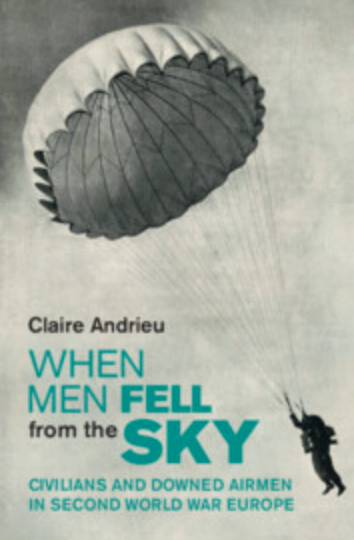 This book discusses how the thousands of encounters between civilians and downed airmen during the Second World War reshaped societies at a local level. Andrieu shows how the fall of France in 1940 may have concealed an insurrection nipped in the bud, that the 'People's War' in Britain was not just a myth, that in occupied France, helping the Allies at great risk was widespread and that in Germany, the 'racial community of the people' had in fact become a social reality with Allied airmen increasingly subject to lynching. She argues that these contrasting histories also shaped national war memories. The discussion will pay particular attention to the German case.
This book discusses how the thousands of encounters between civilians and downed airmen during the Second World War reshaped societies at a local level. Andrieu shows how the fall of France in 1940 may have concealed an insurrection nipped in the bud, that the 'People's War' in Britain was not just a myth, that in occupied France, helping the Allies at great risk was widespread and that in Germany, the 'racial community of the people' had in fact become a social reality with Allied airmen increasingly subject to lynching. She argues that these contrasting histories also shaped national war memories. The discussion will pay particular attention to the German case.The seminar will be held in person and also online via the Zoom platform.
Responsable scientifique de l'événement : Claire Andrieu.
Sciences Po, 28 rue Saint-Guillaume, Amphithéâtre 28
Le débat sera animé par Christophe Jaffrelot, Président de l’AFSP.
Online event
Wednesday, 22 November 2023 | 09:00‒10:00 a.m. (CET)
Speaker:
Dr Alica Kizeková is a Senior Researcher and head of the Asia-Pacific Unit at the Institute of International Relations (IIR) in Prague. Previously, she was an adviser to the Speaker of the Chamber of Deputies of the Parliament of the Czech Republic (2015-2017), director of the Department of Asian Studies at the Metropolitan University of Prague (2014-2015), and a Visiting Fellow at Nanyang Technical University in Singapore. Her professional interests include regionalism, multilateralism, geopolitics, democratization, soft balancing, great power relations and security in Central Europe, Central Asia and the Indo-Pacific region. Her study, Soft Balancing in the Indo-Asia-Pacific, is to be published by Routledge in 2024.
Chairs & Moderation:
Dr David Camroux is Honorary Senior Research Fellow at the CERI and an Adjunct Professor at Sciences Po.
Scientific coordinators : Christophe Jaffrelot, Sciences Po-CERI / CNRS, David Camroux, Sciences Po - CERI, Patrick Köllner, GIGA and Amrita Narlikar, GIGA.
Lieu :
Événement en ligne
Un webinaire organisé conjointement par les programmes CORRIREF, AURA, Diaspora at War et BIELEXIL
Programme complet des webinaires en cliquant ici
Intervenante :
Anna Zaytseva, MCF, Université Toulouse Jean Jaurès
Olga Bronnikova, MCF, Université Grenoble Alpes
Vous recevrez le lien zoom après votre inscription.
Responsable scientifique : Thomas Lacroix, Sciences Po - CERI / CNRS
Lieu :
Online event
This event is organized as part of the EU-funded "China Horizons" project.
The project “Dealing with a Resurgent China” (DWARC) has received funding from the European Union’s Horizon Europe research and innovation programme under grant agreement number 101061700.
Views and opinions expressed are however those of the author(s) only and do not necessarily reflect those of the European Union. Neither the European Union nor the granting authority can be held responsible for them.
Speakers :
Prof. Jane Duckett, University of Glasgow
Dr. Matthias Stepan, Ruhr-University Bochum
Moderator :
Jean-Louis Rocca,Sciences Po-CERI
Prof. Jane Duckett is Edward Caird Chair of Politics and Director of the Scottish Centre for China Research at the University of Glasgow.
Duckett, J. and Munro, N. (2022) Authoritarian regime legitimacy and health care provision: survey evidence from contemporary China. Journal of Health Politics, Policy and Law, 47(3), pp. 375-409. (doi: 10.1215/03616878-9626894)
Duckett, J. (2020) Neoliberalism, authoritarian politics and social policy in China. Development and Change, 51(2), pp. 523-539. (doi: 10.1111/dech.12568)
Duckett, J. (2019) International influences on policy making in China: network authoritarianism from Jiang Zemin to Hu Jintao. TheChina Quarterly, 237(1), pp. 15-37. (doi: 10.1017/S0305741018001212)
Dr. Matthias Stepan is a researcher at the Institute of East Asian Politics at Ruhr-University Bochum (Germany)
Stepan, M. (2023). Unification of the Chinese Pension System: Pension Politics under Jiang Zemin and Hu Jintao (1991-2013). https://doi.org/10.5463/thesis.361(Open access)
Stepan, M., Han, E. und Reeskens, T. (2016). Building the New Socialist Countryside: Tracking Public Policy and Public Opinion Changes in China. The China Quarterly, 226 (June 2016): pp.456-476
Stepan, M., Lu, Q. (2016). The establishment of China’s new rural social insurance pension – a process perspective. Journal of Contemporary China Affairs, 45 (2): pp.113-147.
Scientific coordinators : Jean-Louis Rocca, Sciences Po-CERI and Camille Salgues, Sciences Po-CERI
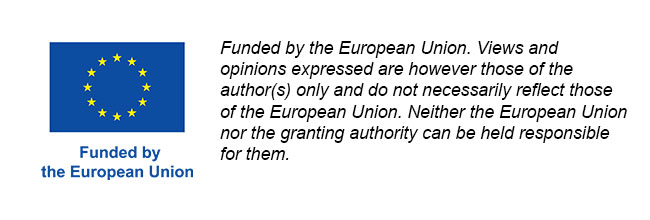
Lieu :
Hybrid event (presential / zoom)
Room : Salle S1, 2e étage, 28 rue des Saints-Pères 75007 and also online via zoom
Organised as part of the seminar Nuclear Knowledges
Speaker:
Amir Lupovici, Tel Aviv University
Discussants:
Benoît Pelopidas, Sciences Po-CERI
Kjølv Egeland, senior researcher, NORSAR
Abstract:
NATO members have adopted a unique strategy towards Ukraine, which can be termed deterrence through delivery of arms. The deterrent message issued by NATO leaders through rhetoric and deeds was that they would continue to deliver weapons to Ukraine to deny Russia victory, thereby aiming to achieve deterrence by denial. This strategy shares certain characteristics with extended deterrence since it hinges on the involvement of a third party protecting a protégé. However, unlike other forms of extended deterrence, the threat is not based on the third party’s willingness to execute its capabilities. Rather, it relies on the protégé’s capability to fight and defend its territory, akin to cases of direct deterrence. Amir Lupovici suggests that the adoption of this unique strategy requires an explanation. His main argument is that this strategy emerged from the interplay of two opposing forces. On the one hand, NATO members feared a potential escalation if they were directly involved in the war, particularly in light of Russia’s nuclear threats. Consequently, they refrained from issuing direct deterrent threats to defend Ukraine. Conversely, given NATO’s characteristics as a military alliance, and its attachment to the practices (and rituals) of deterrence, it needed to issue deterrent threats. In other words, relying on deterrence by delivery of arms could thus internally and externally validate NATO self, addressing not just physical security needs but also ontological security ones.
La présentation sera donnée en anglais, cependant les questions en français seront également les bienvenues.
For more information visit sciencespo.fr/nk or follow us on Twitter @NKnowledges / If you would like to be added to the mailing list for the Nuclear Knowledges seminar, please contact sterre.vanbuuren@sciencespo.fr
Scientifics Coordinators : Benoît Pelopidas, Sciences Po-CERI and Sterre van Buuren, Sciences Po-CERI
The seminar will be held in person and also online via the Zoom platform.
You will receive a confirmation email with login information after you register.
Événement en format hybride (présentiel et sur zoom)
Lieu : Salle G009, rez-de-chaussée, 28 rue des Saints-Pères - 75007 Paris et également en ligne sur zoom.
Intervenantes :
Alice Pannier, Institut français des relations internationales (IFRI)
Aude Géry, GÉODE/ Université Paris 8
Dans le cadre du Groupe de recherche sur l'action multilatérale (GRAM), ce séminaire de recherche est organisé en partenariat avec l’Ecole doctorale de Sciences Po et le CERI (Centre de recherches internationales).
La page du séminaire pour plus d’informations.
Le séminaire est ouvert à tou-te-s : étudiant-e-s, doctorant-e-s, enseignant-e-s, chercheure-s de tous les laboratoires et à toute personne intéressée.
N’hésitez pas à contacter Anaëlle Vergonjeanne pour être ajouté à la liste de diffusion du GRAM.
La séance de ce séminaire aura lieu en présentiel (salle G009) et également en ligne via la plateforme Zoom.
Vous recevrez un email de confirmation avec les informations de connexion après votre inscription.
Responsables scientifiques :
Guillaume Devin, professeur des universités à Sciences Po, chercheur CERI,
Alix Defrain-Meunier, doctorante, Sciences Po-CERI,
Anaëlle Vergonjeanne, doctorante, Sciences Po-CERI. (Groupe de Recherche sur l'Action Multilatérale)
Événement en format hybride (présentiel / visio-conférence)
Lieu : Salle S1, 2e étage, 28 rue des Saints-Pères 75007 et également via zoom
Dans le cadre de "Último jueves del OPALC" en partenariat avec l'association Abya Yala
Intervenants :
Dario Rodriguez, Sorbonne université/CRIMIC
Margaux de Barros, Université libre de Bruxelles
Présidence :
Olivier Dabène, Sciences Po-CERI depuis Poitiers
Gaspard Estrada, Sciences Po-CERI depuis Paris
Vous souhaitez suivre le séminaire via zoom, veuillez vous inscrire ci-dessous :
INSCRIPTIONS
Vous souhaitez suivre le séminaire en présentiel, veuillez vous inscrire avec les liens ci-dessous :
Responsable scientifique : Olivier Dabène, Sciences Po-CERI, Gaspard Estrada, Sciences Po-CERI depuis Paris


 06/11/2023
06/11/2023 12:30
12:30 




